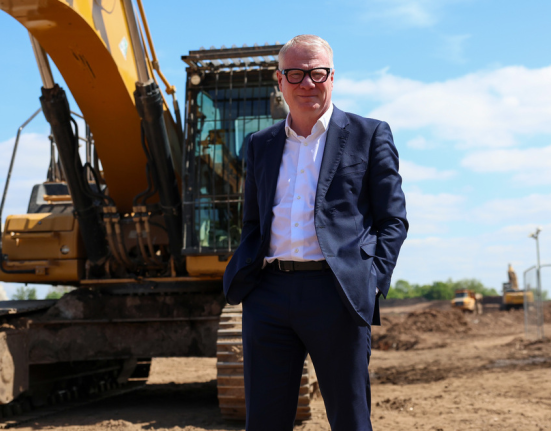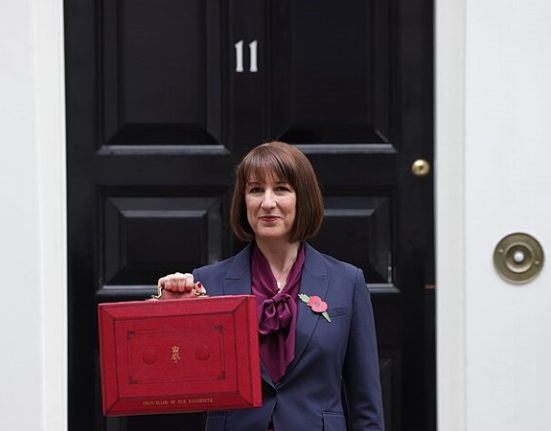Landmark energy agreement
The UK and US have unveiled a landmark partnership to expand nuclear power, unlocking billions in investment, thousands of jobs, and long-term energy resilience.
The “Atlantic Partnership for Advanced Nuclear Energy,” announced alongside a state visit this week, aims to fast-track the build-out of reactors in both countries by streamlining regulatory checks and licensing procedures.
By cutting the time it takes to approve new projects from around four years to closer to two, ministers hope to kickstart what they call a “golden age of nuclear” in Britain.
The move comes as both nations look to cut reliance on Russian energy imports and strengthen their clean energy credentials.
Prime Minister Keir Starmer hailed the agreement as “not just about powering our homes, but about powering our economy, our communities, and our ambition.” Energy Secretary Ed Miliband described it as a decisive step in securing “clean, homegrown energy” for the future.
Projects across the country
The pact clears the way for a series of major new commercial deals involving both British and American companies:
- X-Energy and Centrica have unveiled plans for up to 12 advanced modular reactors at Hartlepool, expected to create around 2,500 jobs and generate enough clean energy to power 1.5 million homes. If fully rolled out, the project could deliver £40 billion in economic value, with £12 billion focused in the North East.
- Holtec, EDF and Tritax will invest an estimated £11 billion in developing small modular reactors at the former Cottam coal-fired power station in Nottinghamshire, repurposing the site to power advanced data centres. Thousands of skilled construction and operations jobs are expected to follow.
- Last Energy and DP World are backing one of the world’s first microreactors at London Gateway port in Essex. Worth £80 million, the project will provide clean power to support the port’s £1 billion expansion, creating a new hub for green maritime trade.
- Urenco and Radiant have signed a £4 million deal to supply advanced HALEU fuel to the US market. Urenco’s new Advanced Fuels Facility in Cheshire will support around 400 jobs while strengthening nuclear fuel supply chains.
- TerraPower and KBR will begin site studies in the UK for the deployment of their Natrium advanced reactor technology, with each potential site capable of supporting 1,600 construction jobs and 250 permanent roles.
Together, these projects highlight the government’s ambition to spread nuclear investment across the country, particularly in areas such as Teesside, Nottinghamshire, and Cheshire, which have deep industrial roots.
Jobs and energy security
The UK’s nuclear industry already employs almost 100,000 people, according to the Nuclear Industry Association, with 11,000 new roles created in 2025 alone. Officials believe this new wave of projects could generate thousands more high-value jobs in engineering, construction, and operations, while also boosting local supply chains.
Supporters argue that the pact is not only about jobs but about national resilience. The UK has pledged to eliminate all dependence on Russian nuclear material by 2028, ensuring security of supply at a time when global energy markets remain volatile.
By accelerating nuclear deployment, ministers say household bills will fall over the long term, while industry will gain access to stable, low-carbon power to support growth in sectors such as data, manufacturing, and green transport.
A golden age of nuclear
The partnership builds on the government’s recent backing for Sizewell C and the small modular reactor programme led by Rolls-Royce, both central to Britain’s energy transition. Investment in fusion research also forms part of the strategy, with the UK and US set to co-host a Global Fusion Energy Policy Summit in 2026.
Industry figures welcomed the pact as a turning point. Simon Bowen, chair of Great British Energy – Nuclear, called it a “pivotal moment” for jobs and clean growth, while the Nuclear Industry Association said it was evidence of an “industrial revival.”
For Starmer, the deal is both an economic and political prize: a chance to demonstrate delivery on clean energy, create regional jobs, and showcase Britain’s role as a partner of choice for Washington.
“Together with the US,” the Prime Minister said, “we’re building a golden age of nuclear that will drive down bills in the long run while delivering thousands of good jobs in the short term







